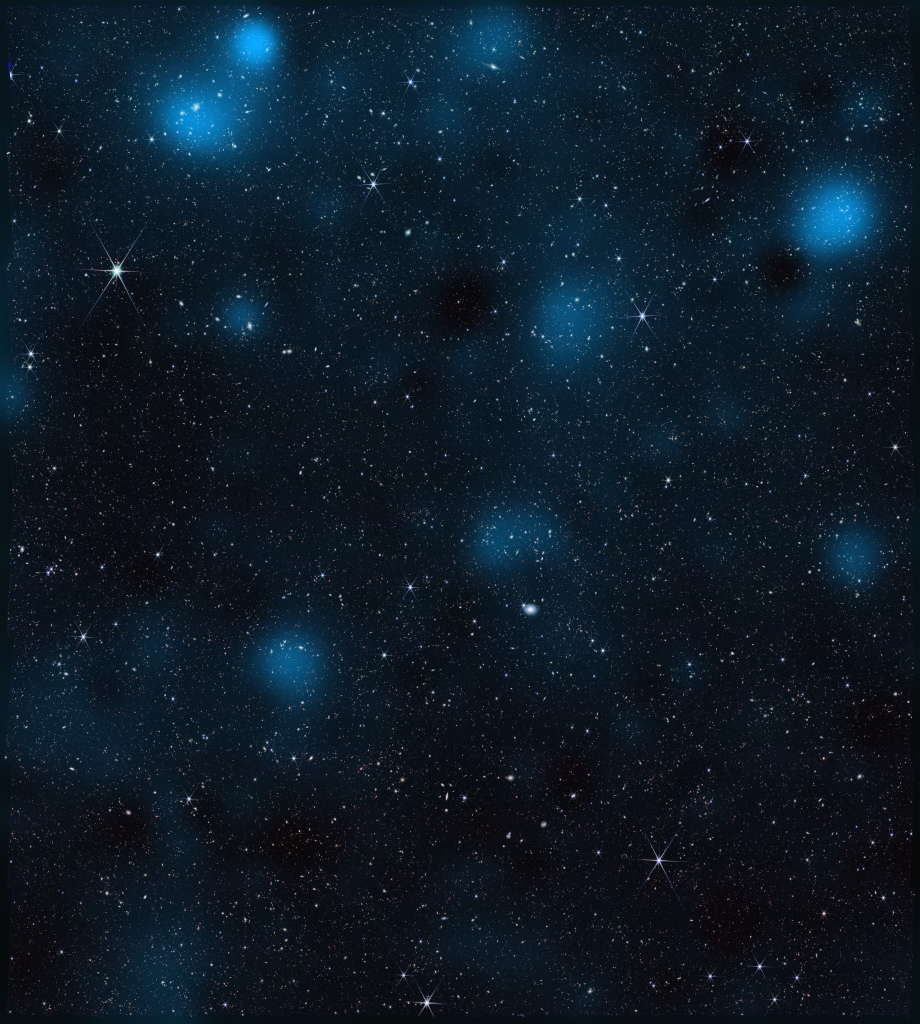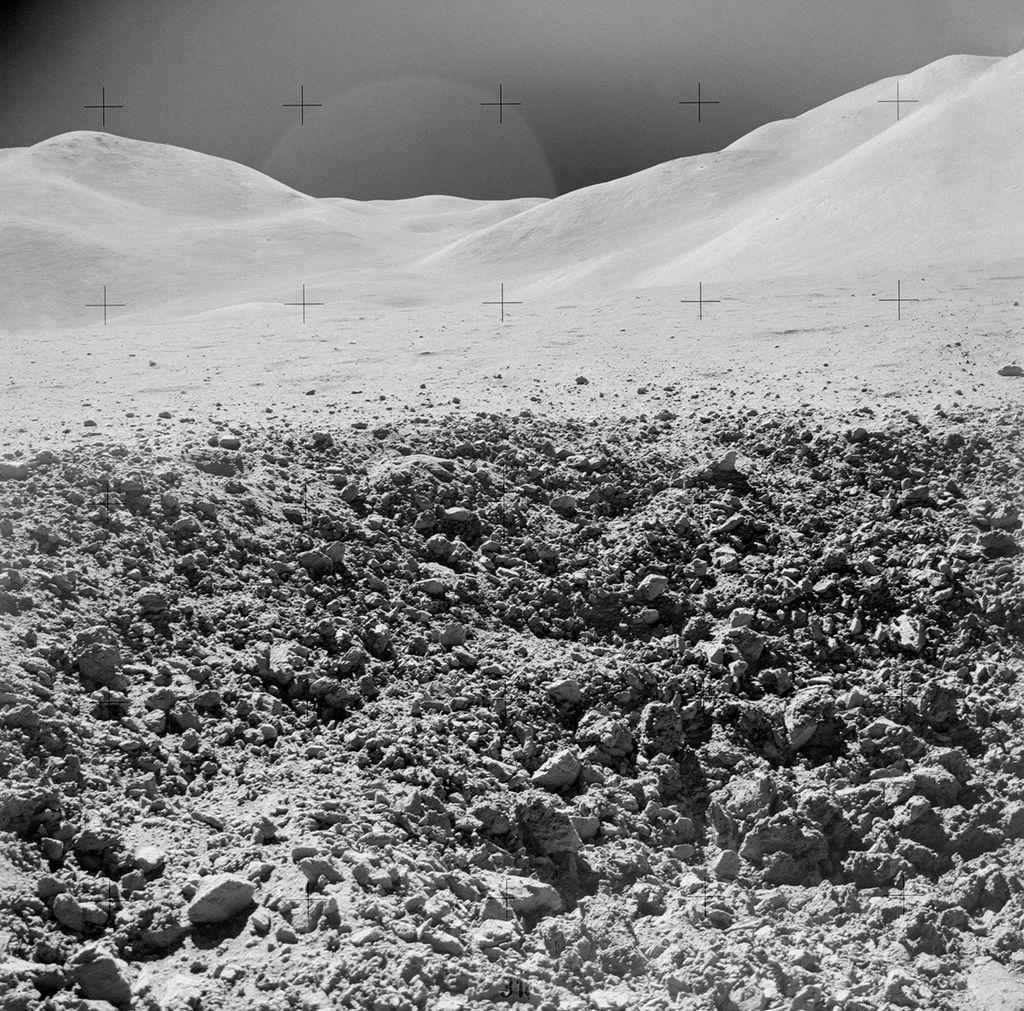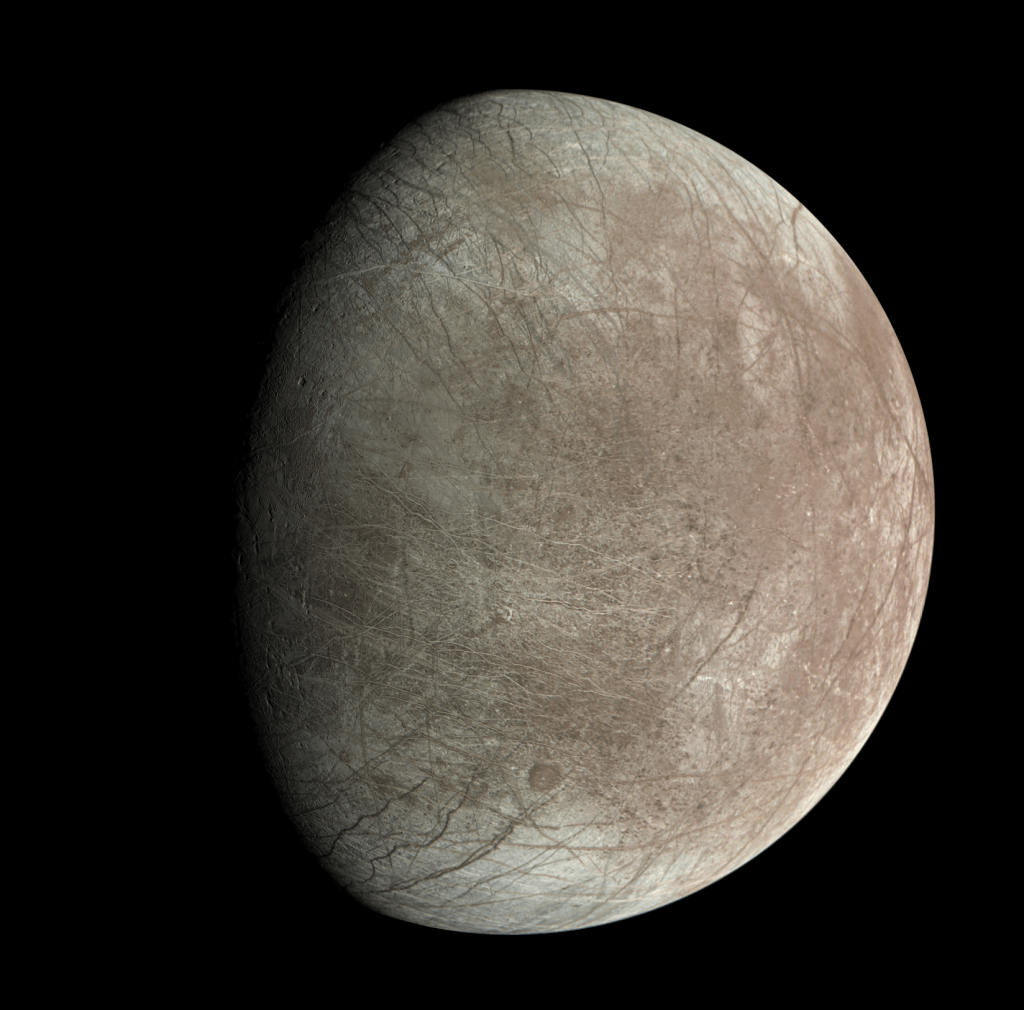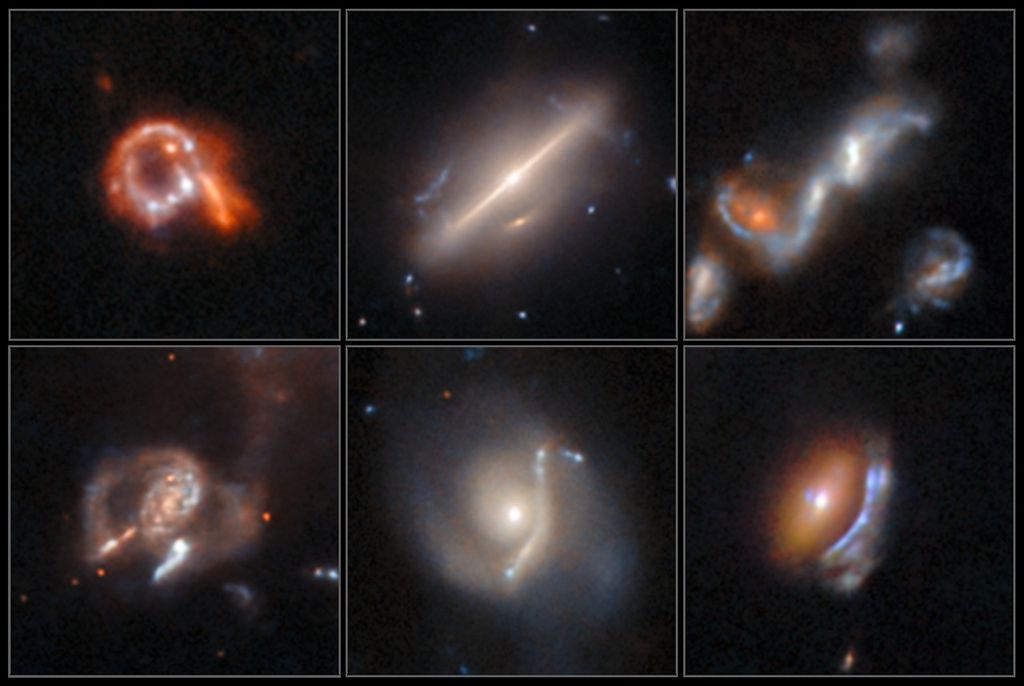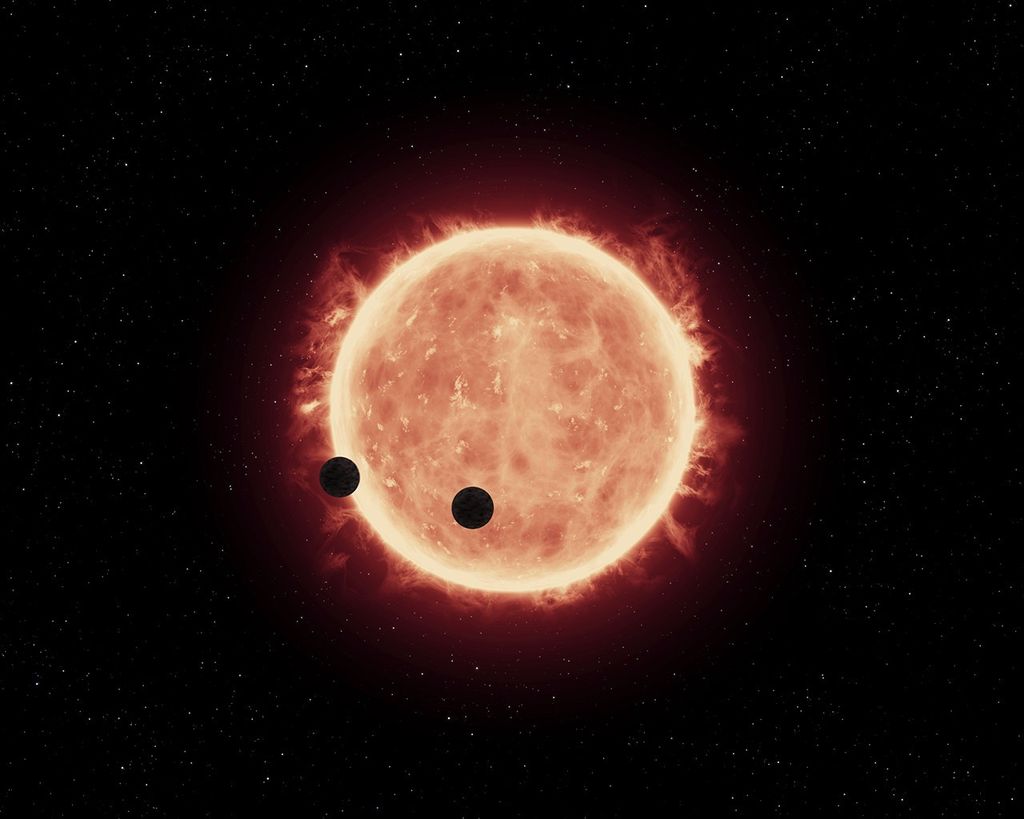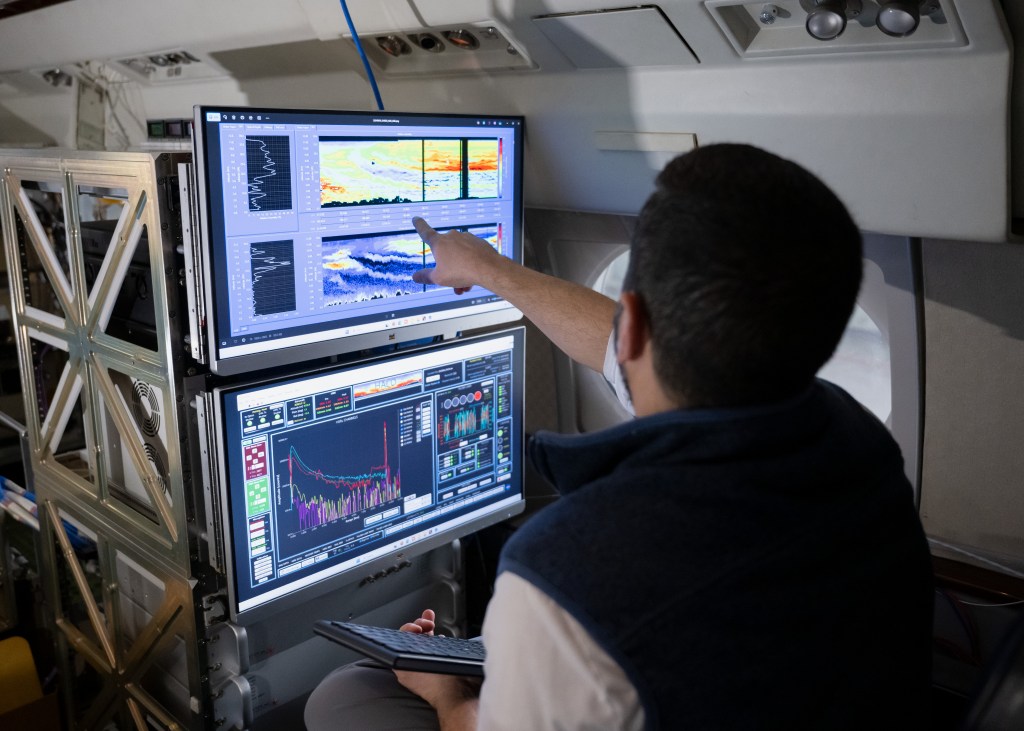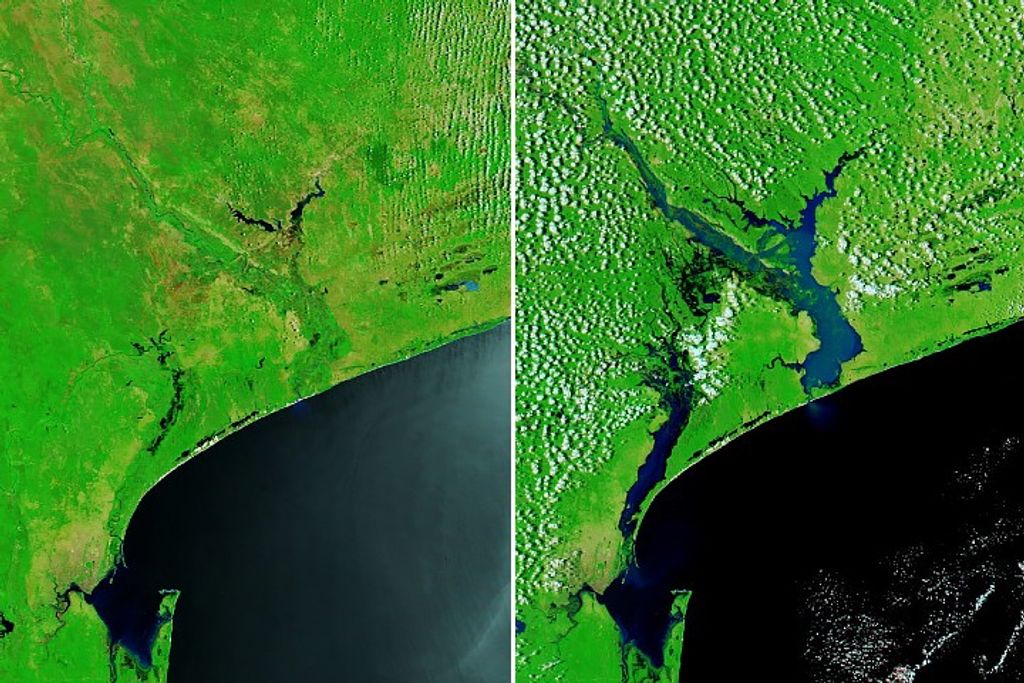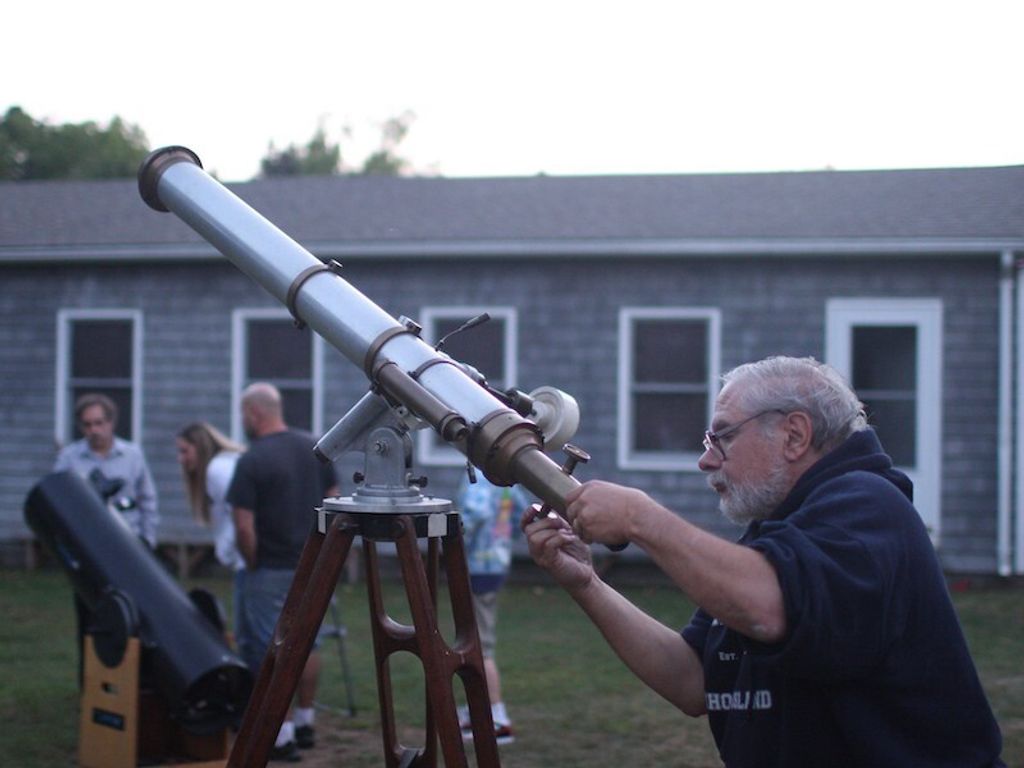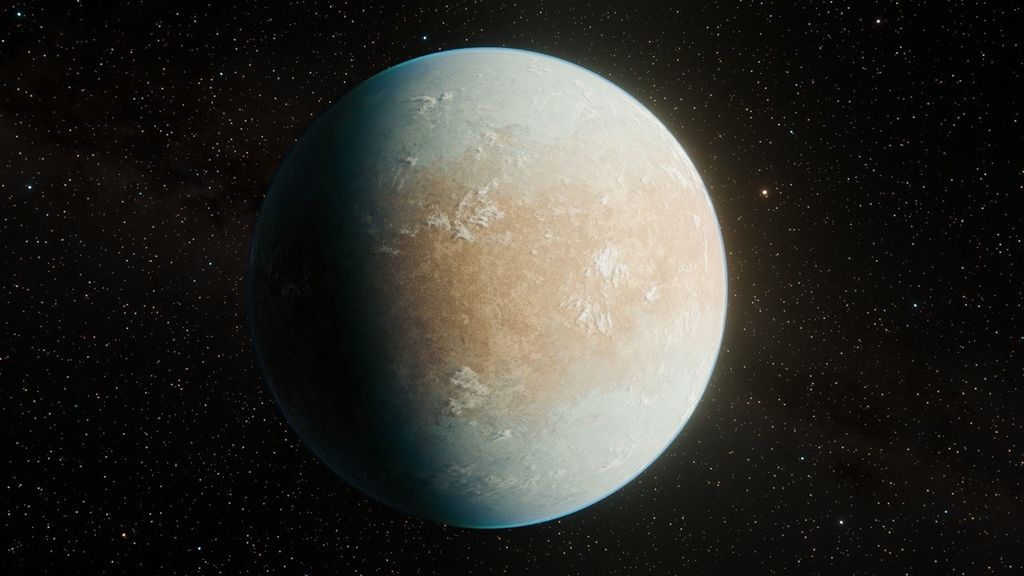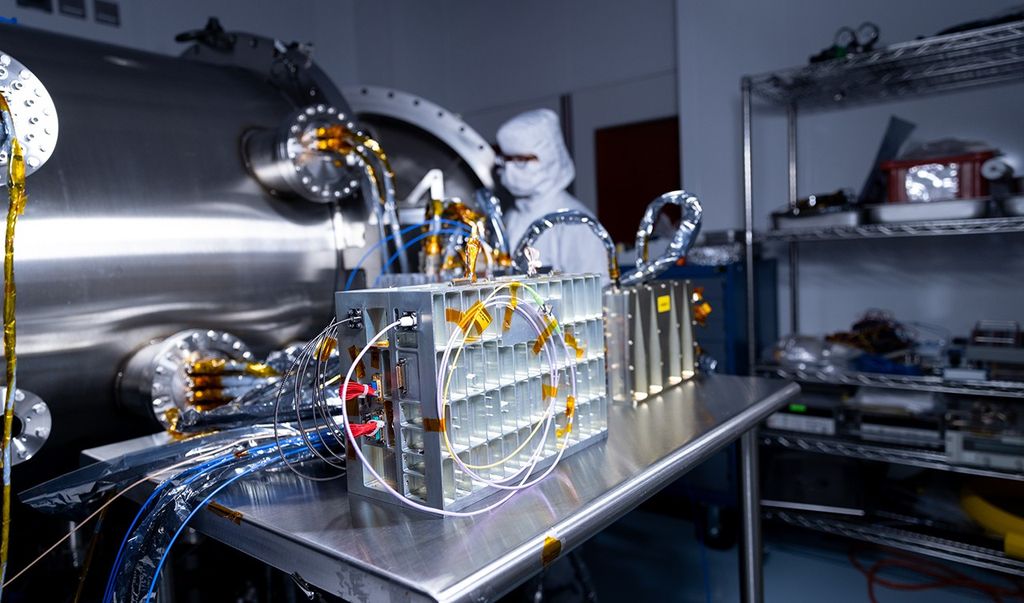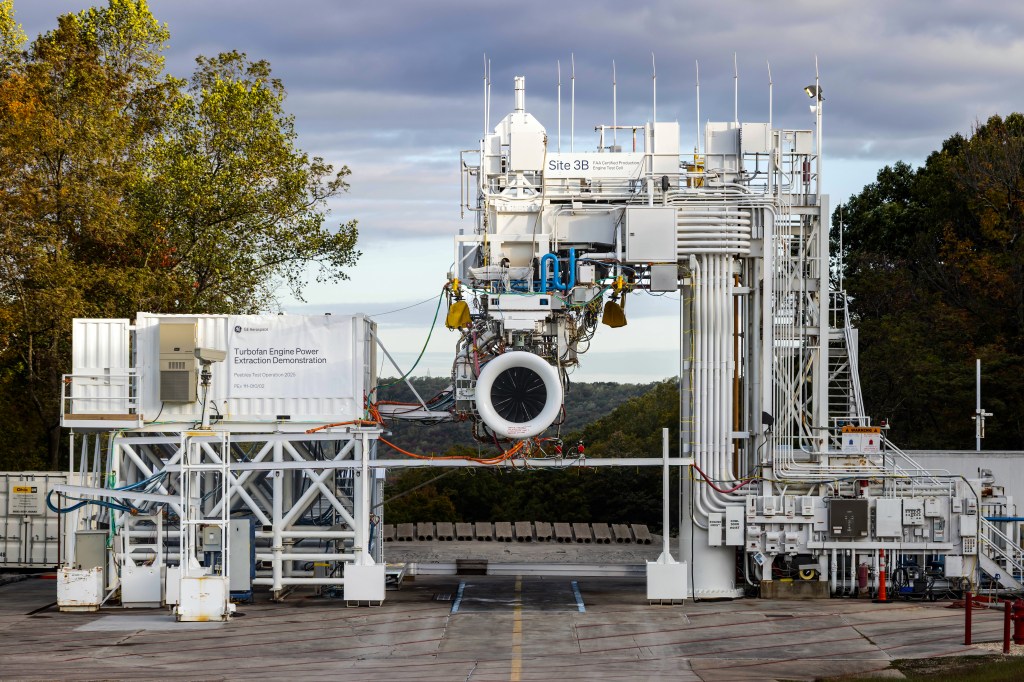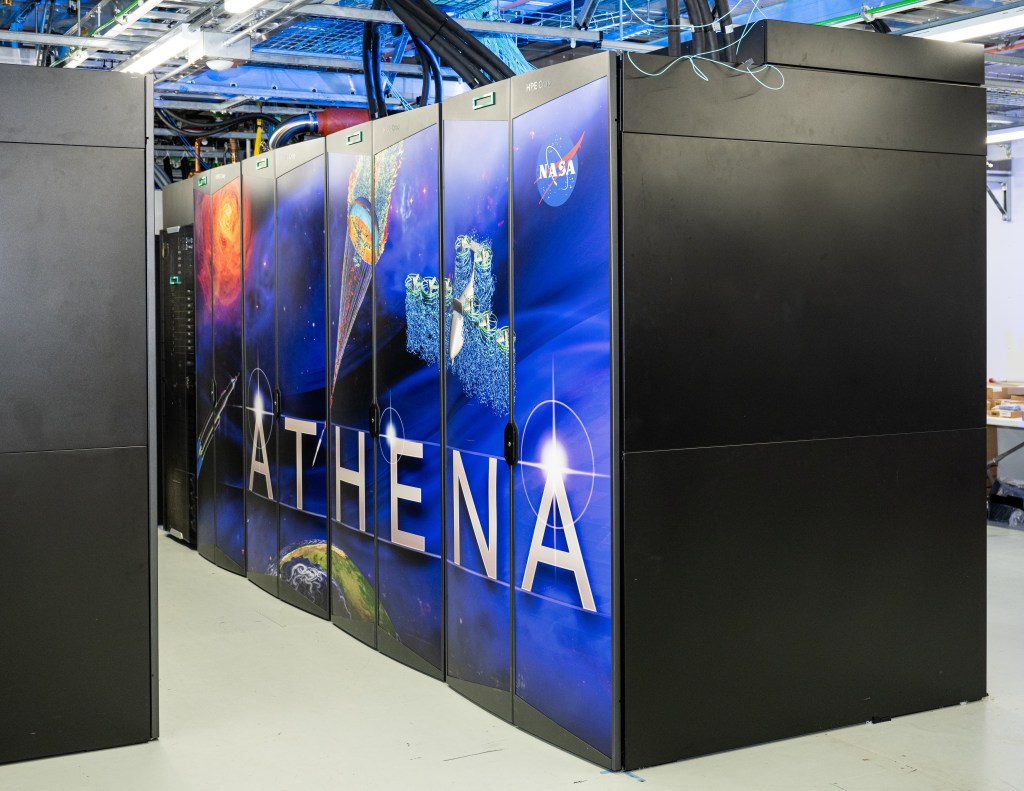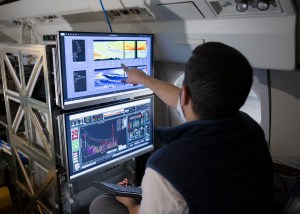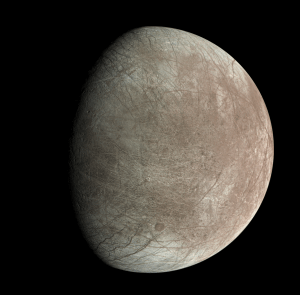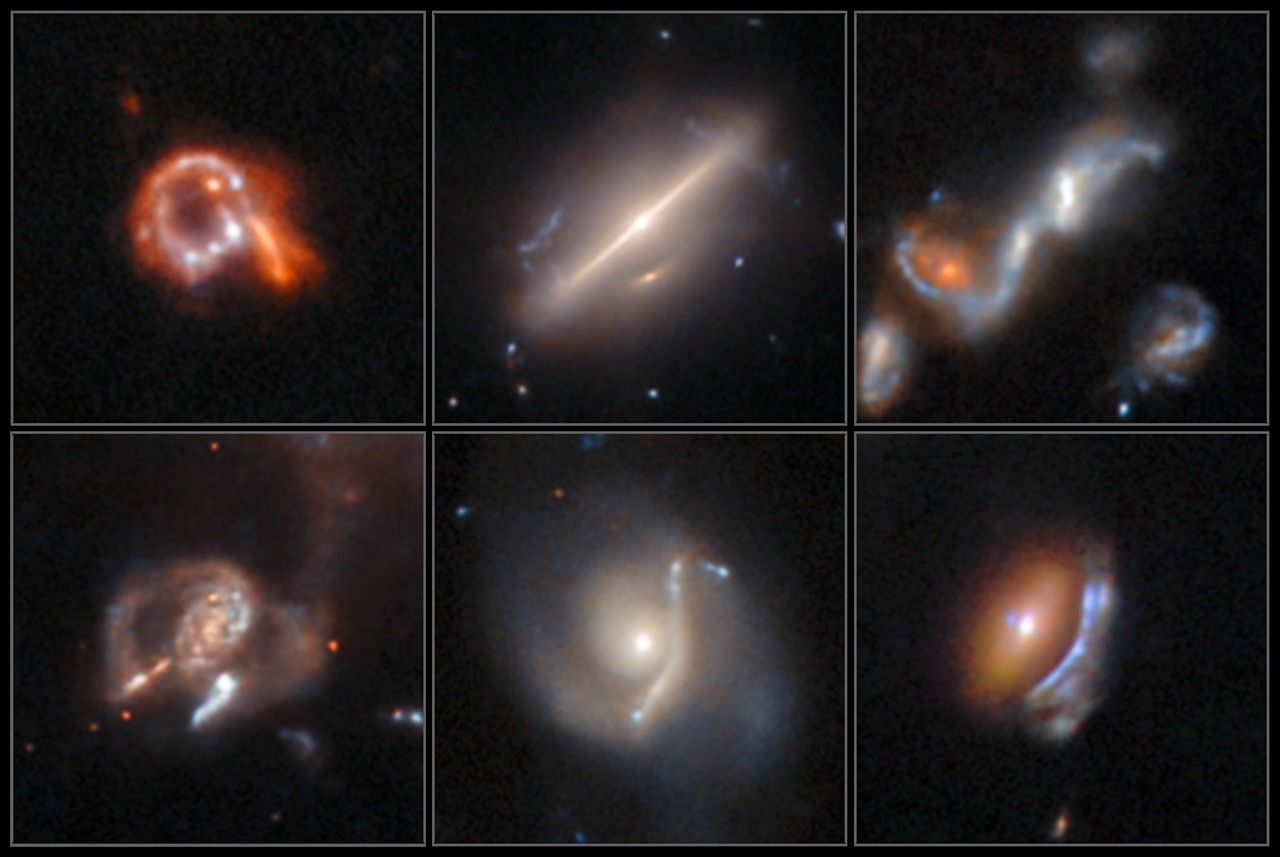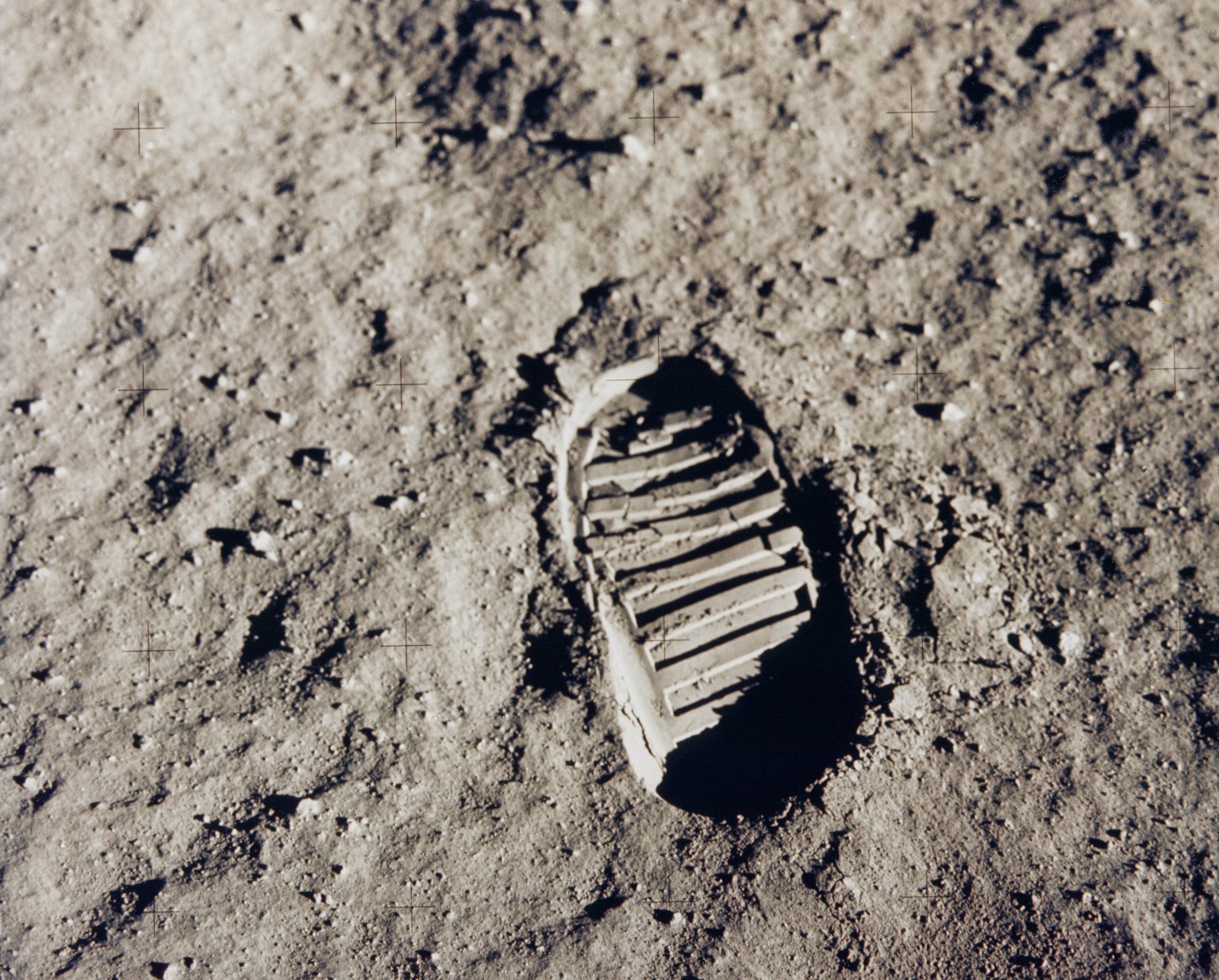NASA has established a Planetary Data Ecosystem (PDE) Independent Review Board (IRB) to examine data collected and analyzed by the science community. The PDE uses modern software, tools, and information pipelines to maximize the agency’s investment in Solar System exploration.
The PDE is comprised of many elements such as archives, databases, tools, programs, and archived scientific data returned from all NASA planetary mission spacecraft.
Commissioned by the Planetary Science Division (PSD), the IRB will conduct a thorough review of the ecosystem and will aim to fully define the data environment, identify missing or overly redundant elements, and provide findings and prioritized, actionable recommendations for PSD’s long-term planning and support of the PDE.
“The fundamental importance of the PDE cannot be understated,” said Lori Glaze, Planetary Science Division director at NASA Headquarters in Washington. “It underlies all of the amazing discoveries enabled by NASA’s billion-dollar science missions. Without the PDE there would be no planetary science research.”
The user base of planetary data spans across the full spectrum of the science community, to include mission teams, citizen scientists, educators, students, amateur astronomers, members of the media and the general public.
“The uniqueness of the data handled within the PDE demands that we take a comprehensive look at every element,” said Becky McCauley Rench, the program scientist managing the review at NASA Headquarters. “We have multi-generational mission teams who deliver awe-inspiring data which continues to increase the scientific return from NASA’s planetary space missions and research programs. We strive to be diligent and responsible stewards of taxpayer dollars and the data entrusted to us – this review will help us meet those expectations.”
The IRB is comprised of up to 40 experts from various fields including academia, industry, government, and the public. Member expertise will span the areas of project management, science, engineering, and the user base through five sub-committees: Archiving, Searching, Utilization, Mining & Automation, and Inter-Relational.
The board is expected to deliver its final report to NASA at the end of March 2021.
Learn more about NASA’s Planetary Science missions:
2 min read
NASA Establishes Board to Review Planetary Data Ecosystem
Share
Details
Last Updated
Jul 26, 2023
Editor
Tricia Talbert

